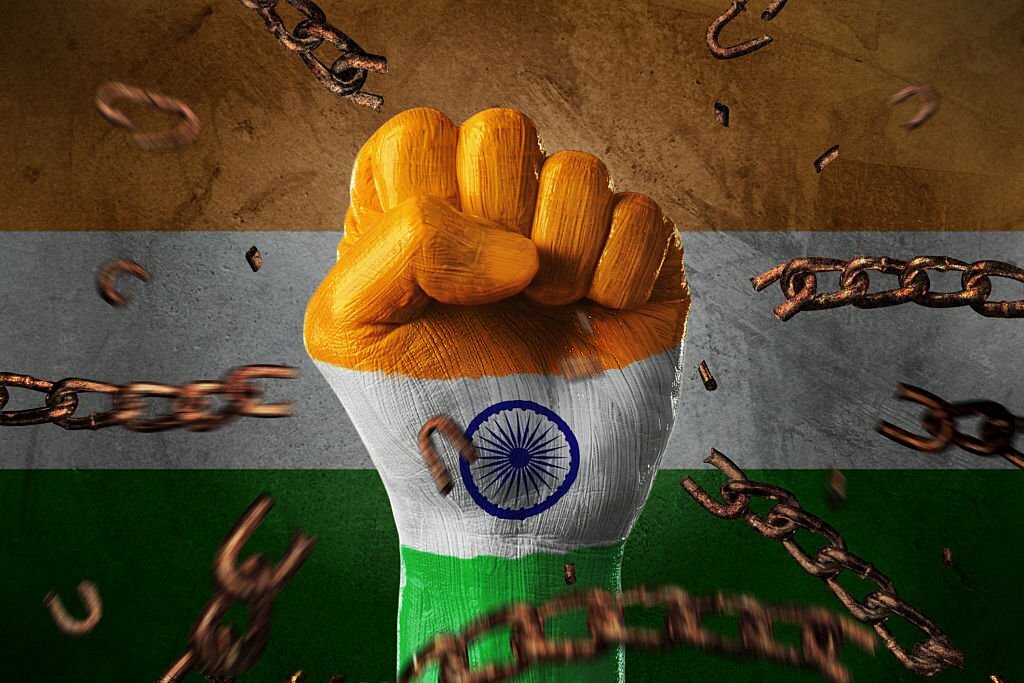In India, politics has permeated every aspect of life, from sports and entertainment to education and social issues. This pervasive politicization has had a profound impact on everyday life, often eclipsing genuine debate and hindering progress.
The All-Pervasive Nature of Politics
Politics in India has transformed into a spectacle, a game of power and influence that extends far beyond the realm of governance. Every issue, every event, is viewed through a political lens, often leading to divisive debates and unproductive outcomes.
The Impact on Everyday Life
The politicization of everything has made it difficult to address real-world problems. For instance, cricket, once a unifying force in India, has become a battleground for political agendas. Similarly, wrestling, a popular form of entertainment, has not been immune to political interference.
The Cycle of Political Rhetoric
Politicians often use populist rhetoric to gain support, making promises they seldom keep. This cycle of empty promises and unfulfilled expectations has led to a sense of disillusionment among the public.
The Tax Burden
Despite political promises of tax relief, the average Indian taxpayer continues to bear a heavy burden. The complex tax system, coupled with rising inflation, makes it difficult for many to make ends meet.
The Subsidy Bill
The government’s subsidy bill, aimed at providing relief to the poor and marginalized, is often marred by corruption and inefficiency. The funds allocated for subsidies often fail to reach the intended beneficiaries, perpetuating a cycle of poverty.
The Government Deficit
The Indian government’s fiscal deficit remains a major concern, with politicians from all parties making promises they cannot afford to keep. This unsustainable financial situation has a direct impact on the economy and the lives of ordinary citizens.
The Rise of Dynasty Politics
In India, political dynasties have become a norm, with families maintaining their grip on power for generations. This concentration of power has stifled meritocracy and hindered the growth of new leadership.
The Brain Drain and Its Consequences
The politicization of education has led to a decline in the quality of higher education, prompting many talented students to seek opportunities abroad. This brain drain has deprived India of its intellectual capital, further hindering progress.
The Loss of Talent
India is losing its brightest minds to countries that offer better education, research opportunities, and career prospects. This exodus of talent is a major setback for India’s aspirations to become a global leader in innovation and technology.
The Economic Impact
The loss of talent has a direct impact on India’s economy. As skilled professionals leave the country, businesses struggle to find the expertise they need to compete in the global market.
The Social Impact
The brain drain also has a social impact, as families are separated and communities lose their young and promising members. This loss of human capital has far-reaching consequences for India’s future.
The Need for a Paradigm Shift
To break free from the cycle of politicization and stagnation, India needs a paradigm shift in its approach to governance and societal progress. This shift requires a focus on substance over symbolism, encouragement of meritocracy, and an emphasis on nation-building.
Focus on Substance Over Symbolism
Politicians must move away from empty rhetoric and focus on delivering concrete solutions to real-world problems. This requires a commitment to evidence-based policymaking, a willingness to engage in constructive dialogue, and a genuine concern for the well-being of all citizens.
Encouragement of Meritocracy
India needs to create an environment where success is based on merit, not on connections or family background. This requires a strong education system that nurtures talent and provides opportunities for all. It also requires a transparent and accountable system of governance that rewards merit and punishes corruption.
Emphasis on Nation-Building
Politicians must put the interests of the nation above their own personal or political agendas. This requires a shared vision for India’s future and a willingness to work together to achieve it. It also requires a commitment to inclusive development that benefits all citizens, regardless of their caste, religion, or socioeconomic background.
Conclusion
The politicization of everything in India has had a detrimental impact on the country’s progress and development. To break free from this cycle, India needs a paradigm shift in its approach to governance and societal progress. By focusing on substance over symbolism, encouraging meritocracy, and emphasizing nation-building, India can put itself on a path to a brighter future.
FAQs
- What is the main cause of the politicization of everything in India?
There are several factors that have contributed to the politicization of everything in India, including:
- The legacy of the British colonial system, which emphasized division and control over unity and progress
- The rise of populist and divisive political rhetoric
- The influence of money and power in Indian politics
- The lack of strong institutions and accountability mechanisms
- What are the consequences of the politicization of everything in India?
The politicization of everything in India has had a number of negative consequences, including:
- A decline in public trust in institutions
- A rise in social and religious tensions
- A hinderance to economic development
- A loss of focus on real-world problems and solutions
- What can be done to address the politicization of everything in India?
Addressing the politicization of everything in India will require a multi-pronged approach, including:
- Promoting public education and awareness
- Strengthening institutions and accountability mechanisms
- Encouraging constructive dialogue and debate
- Promoting a culture of tolerance and respect for diversity
- What role can citizens play in addressing the politicization of everything in India?
Citizens can play a crucial role in addressing the politicization of everything in India by:
- Demanding accountability from their elected representatives
- Engaging in informed and constructive debate
- Rejecting divisive and populist rhetoric
- Promoting a culture of civic engagement and participation
- What is the outlook for India’s future given the current state of politics?
The outlook for India’s future will depend on the ability of its citizens and leaders to address the challenges of political polarization and division. If India can overcome these challenges, it has the potential to become a truly inclusive and prosperous nation.


